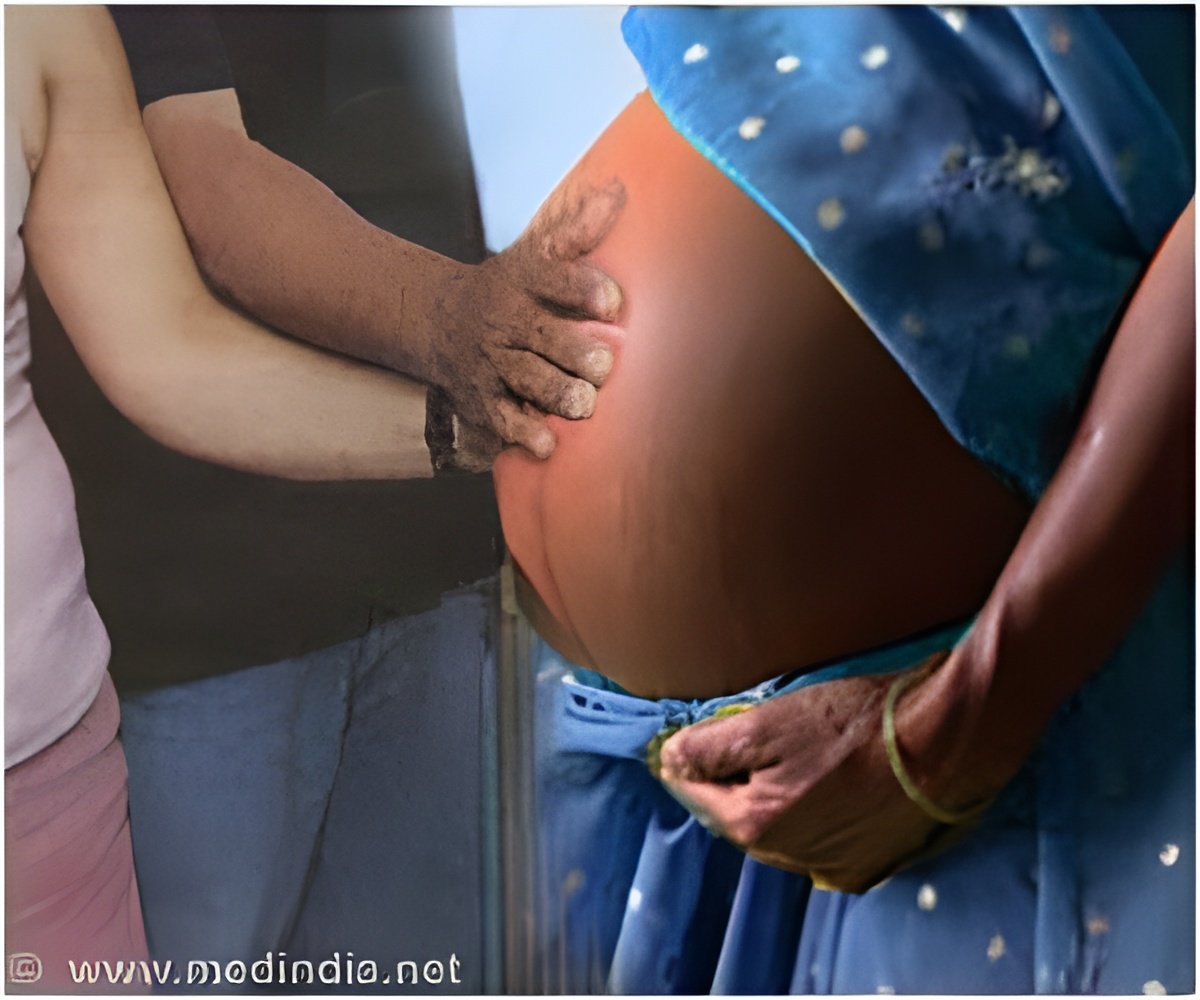
The measures, circulated to Indian missions abroad in late 2012, which only came to light in the Indian media on Friday, mark the first step to the regulation of "surrogacy tourism" in India.
The rules say foreign couples seeking to enter into a surrogacy arrangement in India must be a "man and woman (who) are duly married and the marriage should be sustained at least two years".
The rule changes, posted on the Indian home ministry's website, were denounced by fertility clinics and gay rights activists as "discriminatory".
"Parenting is everybody's right and now we're withdrawing that right," said Dr Rita Bakshi, who heads the International Fertility Centre in New Delhi.
"These rules are definitely not welcome, definitely restrictive and very discriminatory," she told AFP. "This is a huge heartbreak for homosexual couples and singles," commented fertility doctor Anoop Gupta.
Advertisement
"It's totally unfair -- not only for gay people but for people who are not married who may have been living together for years and for singles," Mumbai gay rights advocate Nitin Karani told AFP.
Advertisement
The home ministry would not comment on the changes which stipulate that would-be parents provide proof that their home country will give citizenship to any baby born of a surrogate mother.
There have been several publicised cases of babies born through cross-border surrogacy in recent years who have been trapped in citizenship limbo because their parents' countries refused them passports.
Surrogacy is banned in some European countries and is subject to strict regulation in the United States.
The new India rules, which also state applicants must apply for a medical instead of a tourist visa, come as legislation to regulate the industry has yet to be passed by parliament.
The bill says only women aged between 21 and 35 can act as surrogates but sets no minimum payment for the mother.
Critics have said a lack of legislation governing surrogacy encourages "rent-a-womb" exploitation of young, poor Indian women.
While the government has been pushing the country as a medical tourism destination, the issue of wealthy foreigners paying poor Indians to have babies has raised ethical concerns in many Indian minds.
Clinic owners deny ill-treatment of mothers, saying it is in their interest to treat the women well in order for them to have healthy babies,
The cost of surrogacy is about $18,000 to $30,000 in India, said Bakshi, of which around $8,000 goes to the surrogate mother. The figure is roughly a third of the US price.
Hari Ramasubramanian, founding partner of Indian Surrogacy Law, said the new measures were introduced without "proper consultation" and needed to be challenged in the courts.
"A lot of people who will be affected had seen India as a wonderful option for getting into parenthood and now this option is closed. It's quite sad," he said.
Source-AFP









